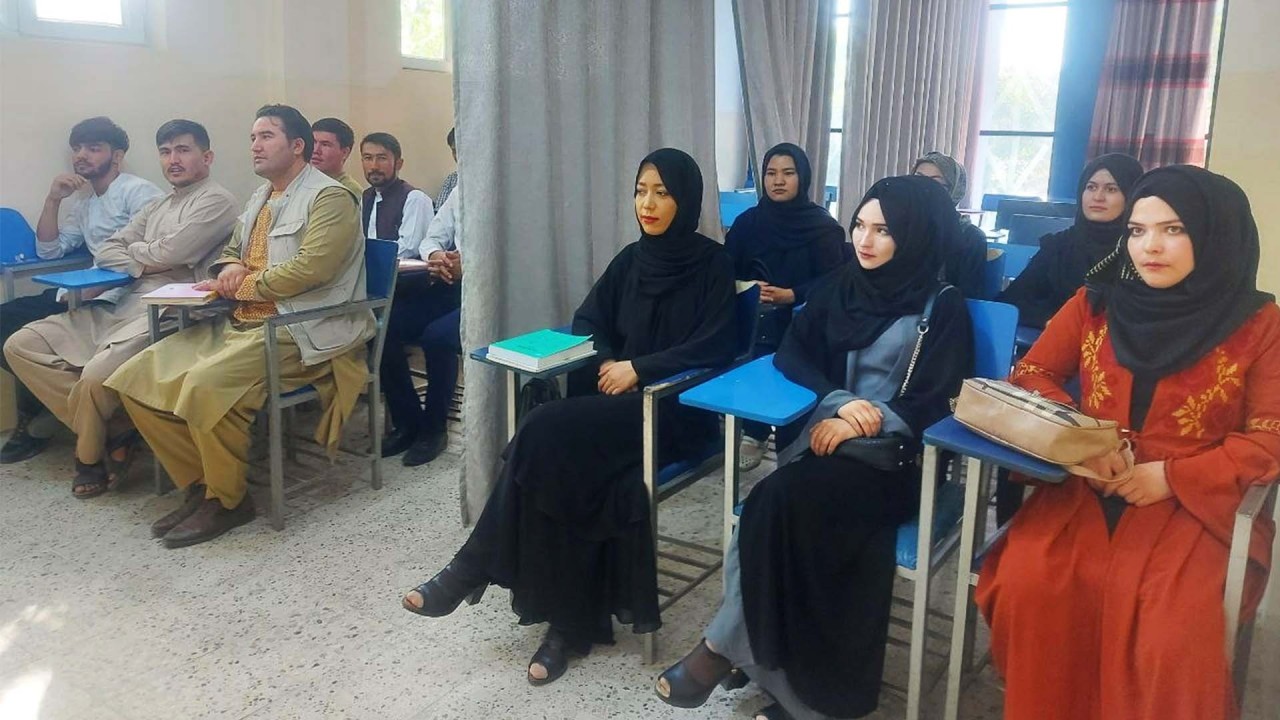
Chinese university graduate loses master’s degree and supervising academic fired after thesis revealed to be completely plagiarised
- A 2016 thesis by a graduate of Beijing Institute of Technology was stolen in the same year and republished by a graduate of Hunan University
- The case has again shone a spotlight on China’s rampant academic plagiarism problem
A graduate of one of China’s top 10 engineering research universities has had his master’s degree revoked and his supervising tutor fired after his dissertation was found to be a word-for-word copy of another person’s work.
Except for some slight differences in the keywords and acknowledgement, the thesis of Chen Jie, who graduated from Hunan University (HNU) in central China in 2016 with a master’s degree, was exactly the same as that of another graduate from the Beijing Institute of Technology(BIT), according to statements from both institutions.
Tang Kelong, a professor in journalism who tutored Chen back then, was disqualified as a research supervisor, HNU said in a statement on Wednesday.

02:28
Hong Kong university orders removal of sculpture honouring victims of Tiananmen Square crackdown
Both HNU and BIT are well-known universities in China that receive special support from the government under its “985 Project”, an initiative to create “world first-class universities”.
The case was made public earlier this week by the victim’s tutor, Zhang Huaping from BIT, in an effort to obtain a formal response from HNU.
In a Weibo post on Monday, Zhang said his former student Zhao Lianwei discovered in July a “100 per cent copy” of his dissertation had been stolen by Chen and turned up on a major research database.

03:22
Crackdown on private tutoring leaves industry, students and parents drawing a blank
Zhao’s research paper, titled Study on the Key Techniques of News Simplification in New Media, was published in January 2016, and Chen’s, with the exact same title, was published in November the same year, according to CNKI, a national research database in China.
Calling Chen “a humiliation to researchers”, Zhang said they reported the fraud to Hunan University immediately, but alleged the university administration ignored them and that only one senior leader had been communicating with them.
“For such a simple fact check, it took them over three months to complete the investigation. We only received an informal notification from this senior leader via email recently,” he said.
HNU issued a formal statement on Weibo on Wednesday after Zhang’s complaint online subsequently generated intense debate on social media.
“It’s really a good thing if this can make future postgraduate have more respect and fear for research work, improve tutors’ sense of responsibility for their education, and purify academic research,” Zhang wrote in a new online post.

02:19
Curtains divide female, male students as Afghan universities reopen under Taliban rule
Academic misconduct including plagiarism and ghostwriting has repeatedly been in the news in China in recent years.
The most famous recent case was that of actor Zhai Tianlin, who obtained a doctorate from Beijing Film Academy’s Performing Arts School but had it revoked in 2019 after it was found that more than 40 per cent of an essay he published in 2018 was duplicated from another paper.
He was also expelled by Peking University from a two-year research programme as a result.
To crack down on academic misconduct in universities, the Ministry of Education ordered provincial education departments to double-check at least 2 per cent of a university’s thesis each year. Under the new measures, those whose essays are found to contain irregularities can have their degrees revoked.

